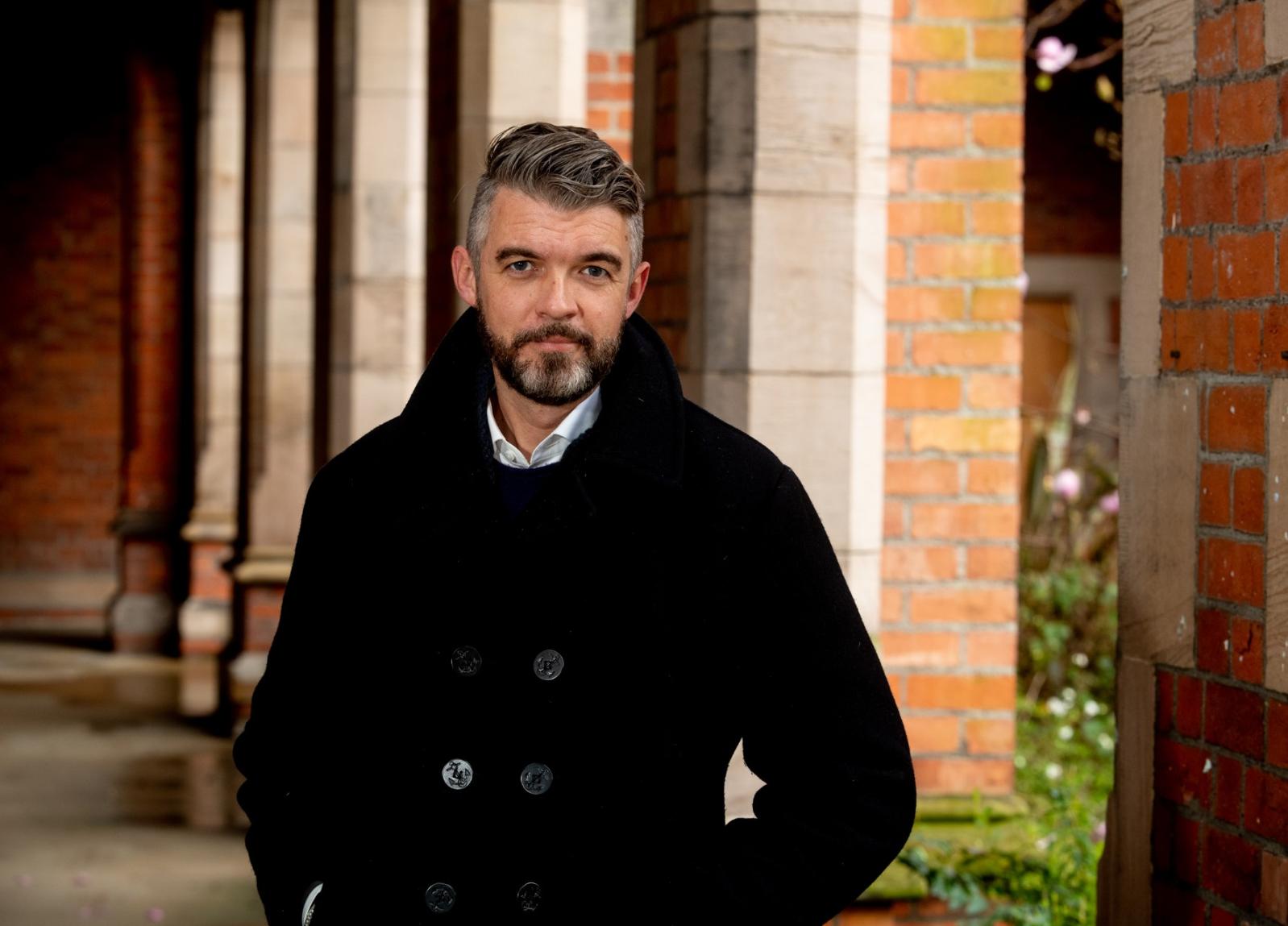Nick Laird joins Ian Sansom as Chair of Creative Writing at the Seamus Heaney Centre at Queen's

Writers Nick Laird and Ian Sansom have taken up a shared post as Chair of Creative Writing at the Seamus Heaney Centre at Queen’s University Belfast.
Nick Laird is a poet, novelist, screenwriter and former lawyer. His poetry collections are To A Fault, On Purpose, Go Giants and Feel Free. His novels are Utterly Monkey, Glover’s Mistake and Modern Gods. Awards for his writing include the Betty Trask prize, the Geoffrey Faber Memorial Prize, a Somerset Maugham award, the Aldeburgh Poetry Prize, the Rooney Prize for Irish Literature and a Guggenheim Fellowship. He is a Fellow of the Royal Society of Literature, and a Writer-in-Residence at New York University.
Ian Sansom is a novelist, journalist and broadcaster. He has published more than a dozen books and writes for the Guardian, the Spectator, and the Times Literary Supplement. He is a regular broadcaster on BBC Radio 4 and Radio 3.
Professor Glenn Patterson, Director of the Seamus Heaney Centre at Queen’s, said of their appointments:
‘Ian Sansom is one of Britain’s most distinctive writers, critics, essayists, editors and broadcasters. In fact he might be unique in combining all five roles with a distinguished track record in academia, first at Emmanuel College, Cambridge, then at Queen’s University, Warwick University and, most recently, as director of the Oscar Wilde Centre at Trinity University Dublin.
Nick Laird is both a poet and a novelist, with four collections of poetry, three novels and one anthology – The Zoo of the New – as co-editor since 2005. His feature-length poem documentary, The Life After, had its premiere at the 2018 Galway Film Fleadh and will be screened this October on BBC2. He has taught in Barnard College, the Lewis Centre at Princeton University, and at New York University. He is the curator of PoetryFest at the Irish Arts Centre.
Together they bring to AEL and the Seamus Heaney Centre not just a wealth of experience in Creative Writing teaching, but an engagement with writing in all its forms that complements and enhances the current work and profile of the SHC.’
